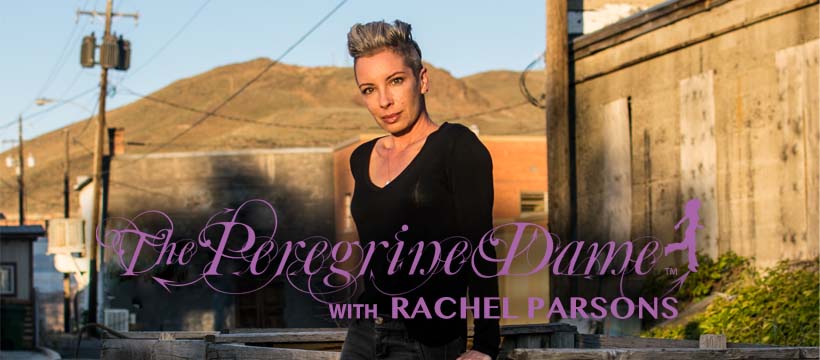Endless Summer, Surfing on a Couch
Free accommodation and built-in tour guides may make hostels
obsolete.
In 1999, 1,500
students at the University of Reykjavik in Iceland got an email from a young
American, Casey Fenton. They didn’t know Fenton, but he introduced himself and
asked each of them if he could come stay with them for the weekend.
Fenton got so
many responses inviting him to come that he realized the ancient tradition of
true hospitality—inviting strangers into your home to stay—still existed, and
what’s more, there was a market for his brand of people-centric travel. He saw
an opportunity to facilitate the service. In 2004, he and three partners
launched a website called couchsurfing.com, and Couch Surfing was officially
born.
“I had done my
own form of couch surfing prior to Casey’s trip to Iceland,” said Couch Surfing
Co-Founder and President Daniel Hoffer, one of the three men Fenton formed the
company with.
Based on their
similar travel experiences, he and Fenton had a common vision, Hoffer said.
They wanted to create a world “where everyone can explore and create meaningful
connections with the people and places they encounter,” according to the Couch Surfing
website.
“It seemed like an exciting idea and one that made sense to
me, and I wanted to be part of it,” Hoffer said. In the beginning, they had no
idea how meaningful a world they would create. “We did not have any funding. We
bootstrapped it and used volunteer labor. We just wanted to throw something
together for fun and see where it went.”
It went from a lark to an online social community of more
than four million members around the globe.
“I’ve hosted probably 120 people or so,” said Sujan Varma, a
native of Durban, South Africa. “I’ve never surfed myself, but I’ll host
anyone. We had 14 people staying in our house during the World Cup,” he said,
grinning.
The practice of couch surfing means that large global events
such as the soccer World Cup are attainable for those who might not be able to
afford to stay near an event, if they could even find rooms available, which is
rare.
Hosts are not allowed to charge for their couch or—if the
surfer is lucky—their guest bedroom. And that’s a better deal than even the
cheapest hostel.
Membership on the website is free, and the only revenue Couch
Surfing generates is from a fee charged for a feature that lets members have
verified listings, meaning the member’s real location and profile information
has been checked, but it’s not mandatory.
The community is completely self-policing, and members are
encouraged to use their own best judgment when accepting an offer from a host
or a surfer. They are also urged to leave referrals on their host’s or surfer’s
profile, vouching for or warning against the person. Couch Surfing doesn’t
censor these in any way so that a prospective surfer gets unbiased information.
Hüseyin Goubella, a Couch Surfing member, has stayed with
hosts in eight countries and has hosted surfers at his home in Brussels. “I’ve
never had a bad experience,” he said. “It’s great.”
Although there are drawbacks to sleeping on a stranger’s
couch, the positive experiences outweigh the inconveniences for many travelers.
Local hosts like Varma who are eager to show off their city or town clue
surfers in to things they’d otherwise never know about.
“When I was traveling in Sicily with my then girlfriend over
Christmas, our host told us of a New Year’s Eve party off the coast on a cruise
ship,” said Hoffer. “We went with our host to that party and had an amazing
time; we danced all night. We wouldn’t have known about it if it wasn’t for our
host hooking us up with it.”
For Varma, who keeps in touch with many of the people he’s
hosted, the personal relationships are lasting. “There are several people I’ve
had deep connections with. I’ve even had people stay with me and go to another
host’s house and call me a few days later and ask to come back.”
While Varma may be a super-host exception, the growth and
momentum of the site are undeniable. An indication that for humans, there’s
still a curiosity about each other’s cultures and lives that keeps people
reaching out to each other. Now, it’s just a whole lot easier.


Comments